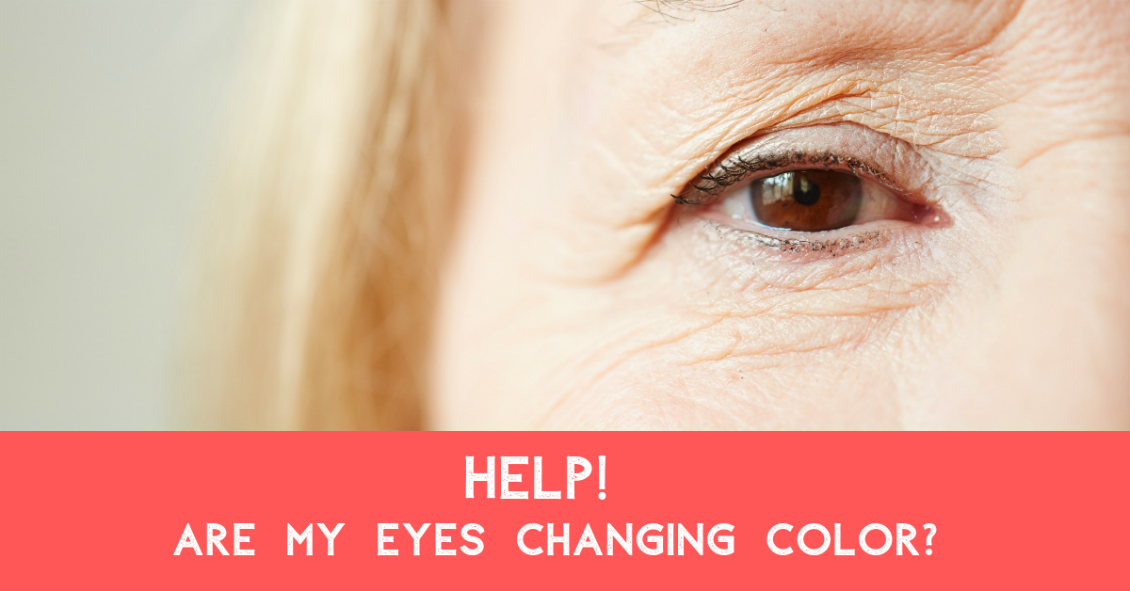Popular Tags
Latest News Blog

Philadelphia Phillies prospect Matt Imhof lost his right eye in 2016 after suffering a freak injury during a normal training session.
He was the 47th overall pick in the 2014 draft.
Even though his injury did not occur on the playing field, the incident has brought significant attention to sports-related eye injuries.
Here are some facts about sports-related eye injuries:
- Eye injuries are the leading cause of blindness in children in the United States and most injuries occurring...

It can be common that eye doctors get patients who come in asking if the white part of their eye, the sclera, has a growth or is turning a gray color.
This is called a senile scleral plaque, which is commonly seen in people over the age of 70. It is a benign condition and more commonly seen in women. This condition is symmetrically found on both sides of eyes and is due to age-related degeneration and calcification of the eye muscle insertion into the eye. In one study, the size of the...



